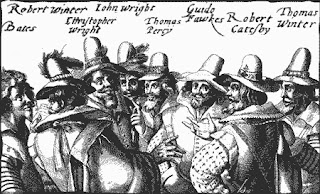
Well, yes, Tory Historian is aware of the fact that our ruling Monarch is a Queen, Elizabeth II and, therefore, we sing God Save the Queen. Well, those of us who know the words sing it on the rare occasions it is still asked of us. There are times, grumbles Tory Historian, when it seems that this is the only country in which generations of children are not taught the National Anthem.September 28, 1745 was when God Save the King (you see,...


























